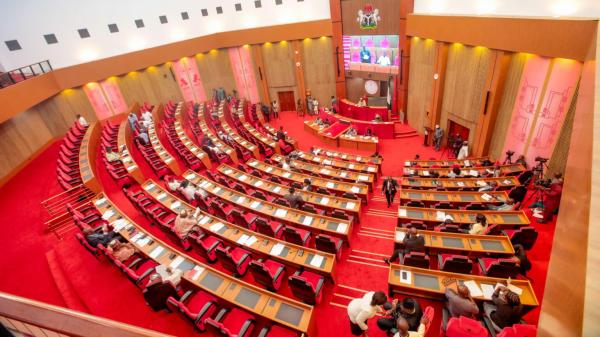
A Bill seeking to allow for seamless electronic transactions among EAC partner states enters a crucial phase next week when the regional Assembly resumes its sessions in Kampala.
The East African Community Electronic Transaction Bill 2014 will go through a second reading even as partner States target to deepen their economic ties through faster and safer ICT-based platforms.
"Top on the agenda during the two-week period are two key Bills which are expected to sail through the 2nd and 3rd readings respectively.
These are the EAC Electronic Transaction Bill 2014, and the EAC Creative Industries Bill 2015," the bloc's secretariat said ahead of next week's session of the East Africa Legislative Assembly (Eala).
The Electronic Transaction Bill 2014 targets to encourage electronic-based transactions as a more efficient mode of linking both the private sector and governments in the region.
Most government regulatory procedures are expected to go electronic.
"The Bill further wants to promote technology neutrality in applying legislation to electronic communications and transactions and to develop a safe, secure and effective environment for the consumer, business and the governments of the partner States to conduct and use electronic transactions," the EAC secretariat further said.
Eala has already undertaken a series of public hearings to source for stakeholders' views on the Bill.
EAC countries are currently implementing a series of seamless systems, including a joint tax collection and cargo clearing system known as Single Customs Territory (SCT), to improve the flow of goods and reduce dumping.
Under the SCT deal, clearing agents within the EAC have been granted rights to relocate and carry out their duties in any of the partner states as part of a strategy to improve the flow of goods and curb dumping.
Importers of commodities covered under the SCT are required to lodge import declaration forms in their home countries and pay relevant taxes to facilitate the export process.






















